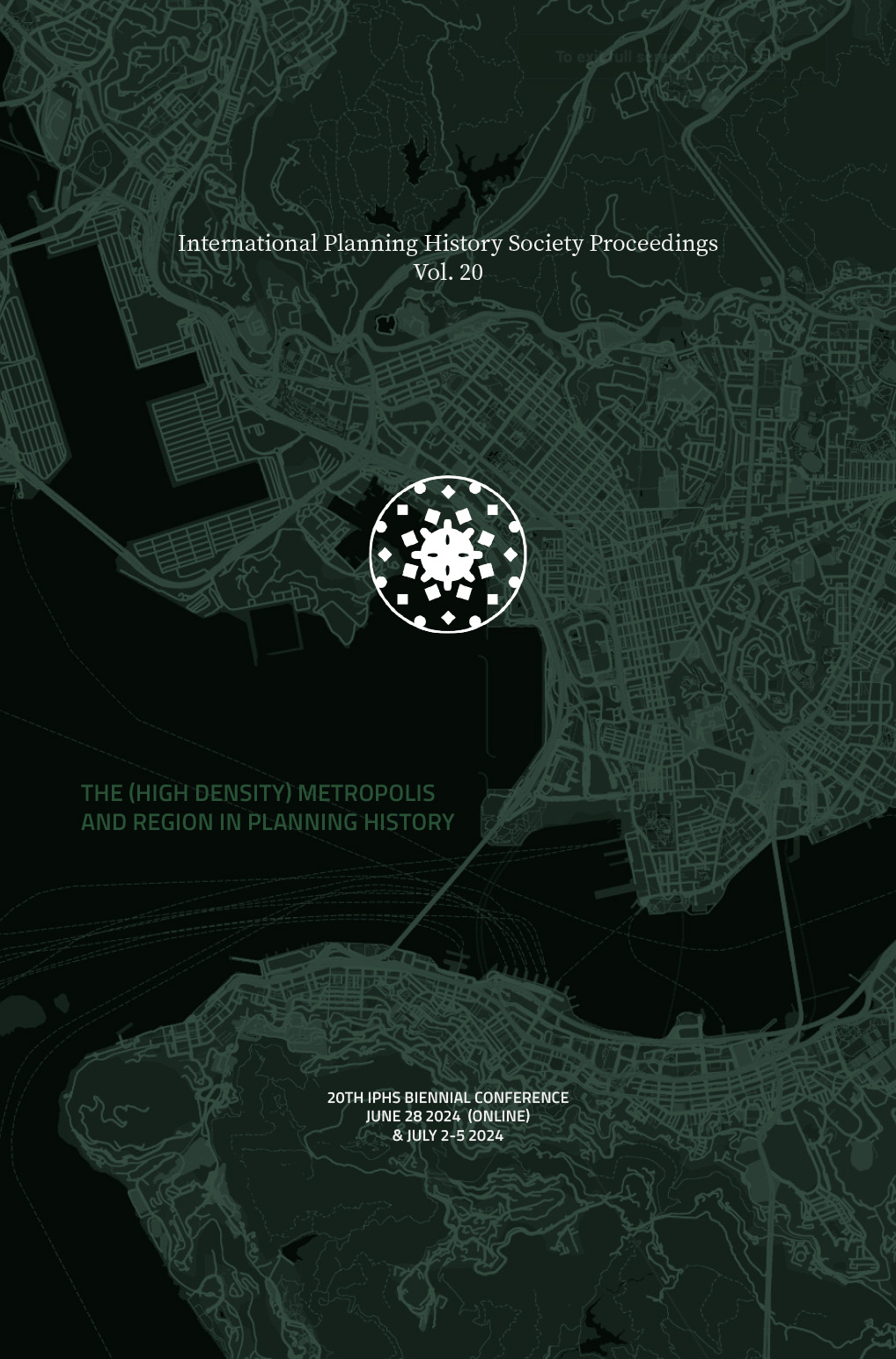The Technopolitics of 'Urban Water' in Colonial India
A Case Study of Hesaraghatta Water Works in Bangalore
DOI:
https://doi.org/10.7480/iphs.2024.1.7606Abstract
This paper employs the analytical framework of Technopolitics to engage in a nuanced examination of the Hesaraghatta Water Works project, a notable infrastructure initiative in the late nineteenth and early twentieth century colonial Bangalore. In place of ascribing mere scientific import to this water supply system, our inquiry discerns its pivotal role in the establishment of a distinctive technopolitical regime. This transformative regime is notably characterized by the realignment of power dynamics inherent to water governance, stringent regulatory oversight over urban space and its denizens, and the emergence of previously unexplored facets of urban inequalities. By comprehensively mapping the societal and political repercussions of the Hesaraghatta project, we argue that it introduced a novel and far-reaching technopolitical construct – ‘Urban Water’. This construct, far from being a mere hydrological abstraction, significantly reframed collective conceptualizations of water in the urban context and offered a fertile terrain for the exercise of intricate political and governmental rationality inherent to colonial rule. Our meticulous examination of the Hesaraghatta initiative, situated among several concurrent infrastructural endeavors by the colonial government in India's burgeoning cities, elucidates a pivotal ‘technopolitical turn’ characterizing the colonial regime during the early twentieth century.
Downloads
Published
How to Cite
Issue
Section
License
Copyright (c) 2024 Akash Jash

This work is licensed under a Creative Commons Attribution 4.0 International License.

